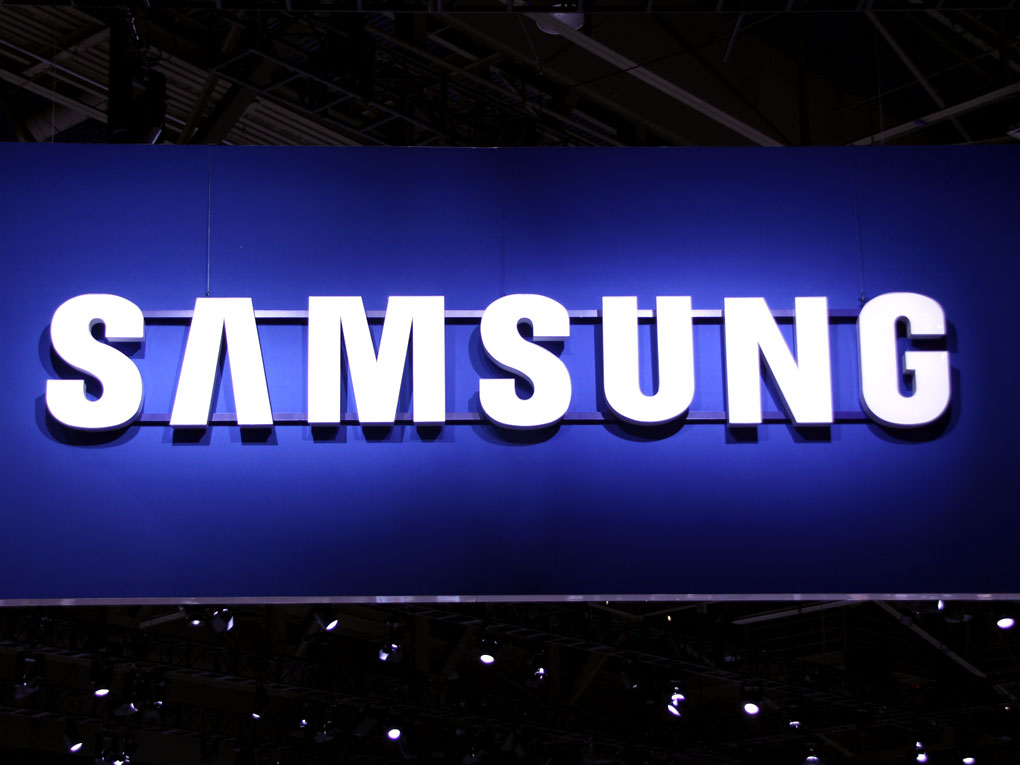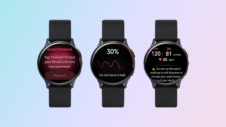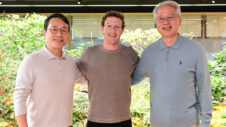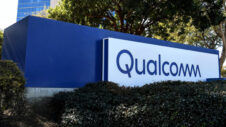It’s the story of twins where one went on to become extremely successful, while the other one struggling hard to make a name for itself. It may not have the twists and turns of the average Bollywood movie, but it does have moments which make you wonder, laugh and cry. Well, if you want to push things even further, you can even say it’s an interesting case study to analyze how two entities with similar resources, opportunities, and ambitions can still end up at two very different places. Yes, it’s the curious case of the two Korean tech giants – Samsung and LG.
What Samsung has done in the last couple of years needs no iteration, for the sheer magnitude and impact of their explosive growth speaks for itself. On the other hand, LG has tried more or less similar number of things in identical fashion to Samsung, and yet the results are inexplicably different. Customers today only remember the Galaxies and Notes, and not the Optimus 3Ds and 2Xs. Clearly something has gone terribly wrong for LG. Will LG realize their blunders and correct them to gain relevance on a level similar to Samsung? Will 2014 mark the beginning of another Korean giant’s invasion of the smartphone industry? The answers should be definitely interesting even if not informative.
Before Samsung started dominating Android beyond everyone’s expectation, LG was quite aggressive in the Android market. During this time, the pace at which LG brought the latest hardware to the market ahead of the competition is quite commendable. LG holds the credit and bragging rights for the bringing the first dual core Android phone, Optimus 2X, to the market. The same holds true for the first quad core Android phone, LG Optimus 4X, and the first 3D smartphone, Optimus 3D. It might sound strange that in spite of bringing the latest hardware to the specifications crazy Android market, it failed to make the kind of statement which the Samsung smartphones made in the past few years.
The main reason for this difference seems to be the software, something which Samsung has handled better than LG. In a rush to bring the latest hardware to the market, ahead of the competition, LG ended up launching half baked products with performance issues. In particular, LG’s skinned version of Android turned out to be a disadvantage instead of a differentiating factor, and the poor software updates didn’t help either. Samsung, on the other hand, took a little more time than LG to bring their first dual core and quad core flagship phones to the market, but ensured better performance and superior software with innovative features. The massive success of the Samsung flagship phones built a reputation for the brand, which trickled down and translated into brisk sales in the mid and low range segments as well. In the past couple of years, by launching phones in every imaginable size and price range, and promoting the products with brute marketing force, Samsung has virtually destroyed the competition in the Android ecosystem. The result – LG and many other Android manufacturers, who were once on par with Samsung, are trailing behind by a huge margin.
The explosive growth of Samsung has forced many competitors to change their strategies relating to their products and markets. Some companies rethought, rebranded, and repositioned their smartphones to better compete with the wide product portfolio and marketing might of Samsung. LG placed huge emphasis on feature packed custom Android skin similar to the strategy followed by Samsung, and launched Optimus G last year. Knowing the short coming of Samsung flagship phones in terms of premium finish, and seeing an opportunity for itself, LG ensured Optimus G to be more superior and premium from the hardware perspective. Though Optimus G generated more buzz in the market compared to the previous flagship phones, it failed to rake in the kind of sales LG wished for. The popularity of the previous Samsung Galaxy flagship phones generated a loyal following for the line up, which translated into huge sales for Galaxy S3, Note 2 etc, resulting in less than expected results for LG products. The story isn’t much different for Optimus G Pro which was a competitor to the Galaxy Note 2 and other phablets.
Although Optimus G failed to impress the market, it definitely did impress Google with its hardware. In what maybe perhaps ought to be called as the first instance of LG smartphones becoming relevant, Google partnered with LG for making Nexus 4. LG and Google tweaked the Optimus G to suit Google’s sense of design, and launched the Nexus 4 amid extensive hype and coverage. LG’s beautiful hardware and Google’s slick software, coupled with an irresistible price, made Nexus 4 a grand hit even beyond the expectation of both the companies. Even though Nexus 4 didn’t bring loads of money to LG, it definitely increased the brand value of LG smartphones.
With few positives from 2012, LG entered 2013 reenergised and rebranded. LG decided to retain the Optimus brand for the mid to low range models, and decided to differentiate their flagship products. The success of Nexus 4 built a lot of hype and anticipation for the Nexus 5, which indirectly translated into anticipation for LG G2, the successor for Optimus G and a probable reference model for Nexus 5. Learning from the past mistakes, LG took its time and launched the LG G2 in the third quarter of this year. This delayed launch, along with providing LG valuable time to include more powerful hardware like S800 processor in G2, also helped LG avoid direct competition with the Samsung Galaxy S4 launched during the beginning of the second quarter. LG also adopted an approach similar to Samsung, and packed their custom Android skin on G2 with loads of gimmicky and fancy features to lure the customers. Even though widely criticised by the critics, LG’s attempt to create an overwhelmingly feature packed custom Android skin to compete with the Samsung’s Touchwiz interface, clearly puts G2 on a equal footing with Galaxy S4 on a feature to feature basis.
Even before LG could assess the success of G2, it scored again with Google, and launched the Nexus 5 based on the hardware of G2. Nexus 5 is the most hotly anticipated phone of this year, and the sales seem to be excellent so far, with waiting period going upto a month. If the reviews and initial demand is any indication, Nexus 5 seems to be a much bigger hit than Nexus 4, thanks to its wider availability and product superiority. It is safe to say, with Nexus 5, LG has scored another great marketing hit. It even scored few points on the innovation front by launching LG G Flex, a phone with curved screen, flexible battery, and self healing coating at the back of the phone to reduce scratches. All in all, LG fared well in the high end smartphone segment this year, and is poised to an even better performance in 2014.
However, it’s not the high end market which can help LG strengthen its position in the smartphone market. The predicted trends for 2014 point to the growth in emerging markets; increased demand for mid to low range smartphones; smartphone integration with various home appliances and electronic gadgets; and wearables like smart watches, glasses etc. Fortunately, LG seems to be well positioned to take advantage of these trends. LG has considerable brand presence in emerging markets like India, China etc across various product categories like home appliances, electronics etc. This will provide LG a valuable opportunity to build an ecosystem of products and services across product categories – an advantage only Samsung seems to have apart from LG. The prospects for growth in the mid to low range smartphone segments can be addressed by LG by revamping its already known Optimus product line. LG, similar to Samsung, has deep vertical integration in manufacturing smartphones, and this puts the company on par with Samsung’s competitive advantage in terms of cost, control, and scalability. Even though LG appears to be mum so far on the wearable tech, from the overall predicted 2014 trends perspective, LG is only next to Samsung in terms of presumed opportunities and existing capabilities.
Opportunities presented don’t necessarily translate to opportunities capitalized, and this is where the test for LG lies in 2014. It may be similar to Samsung in terms of resources, products, and markets, but that doesn’t necessarily mean it can replicate the success of Samsung, and even if it does, not necessarily on the same scale. LG clearly has a chance to snatch away some market share from Samsung, and much of it depends on the kind of the products it brings to market, and how well it can counter the sales erosion from the blitzkrieg of the Samsung’s marketing. LG’s attempt to imitate strategies followed by Samsung may yield encouraging results in the short run, but it needs to differentiate itself for long term success. Moving away from the shadow of Samsung is possible if LG can develop products without the sole intention of fighting with Samsung smartphones on a spec to spec and feature to feature basis. Unlike Samsung, LG doesn’t seem to have the intentions to build its own smartphone ecosystem. This ensures LG greater flexibility and opportunity to collaborate with Google and its services instead of competing with them like Samsung. Not considering Nexus, LG is yet to find a successful line up like the Galaxy and Note series from Samsung. What is difficult to understand is why LG is trying so hard to create another Touchwiz by skinning Android, when people are buying its Nexus phone versions so vehemently. If LG learnt anything from the success of Nexus products, it should perhaps adopt the strategy of developing excellent hardware, and retaining Google’s flavour of Android software as much as possible. Overall, LG had few positives in 2013, and if it can build on these in the coming months, along with capitalizing the opportunities presented by its reach and wide product portfolio, it can surely deliver a big blow to the twin brother Samsung. Let’s hope for an exciting fight between the two in 2014, with the customers ending victorious in the end.
This article was written by our guest blogger, Naresh Nekkanti (you can follow him at @nekkantinaresh on Twitter), and will be part two of a multi-part series of articles analyzing Samsung’s challenges in 2014, and its stand among the competition.






